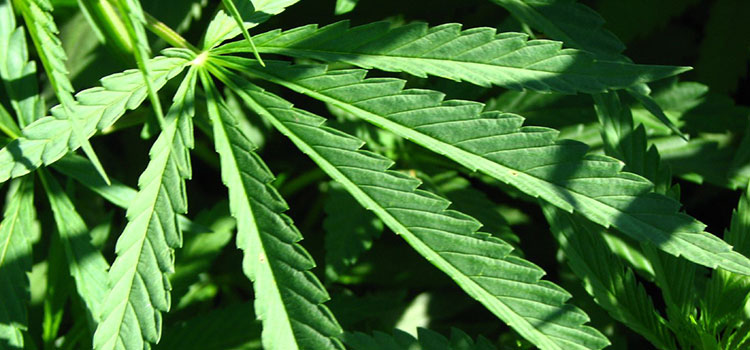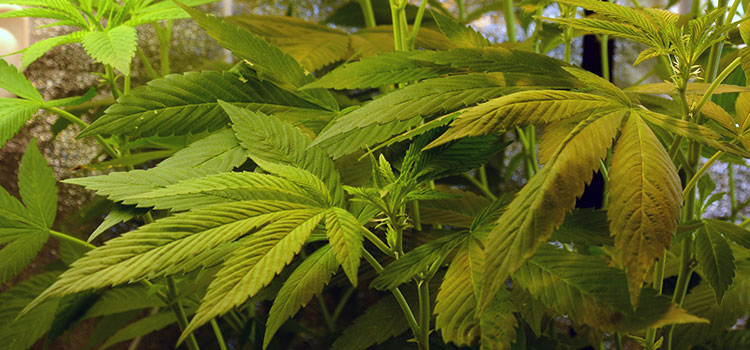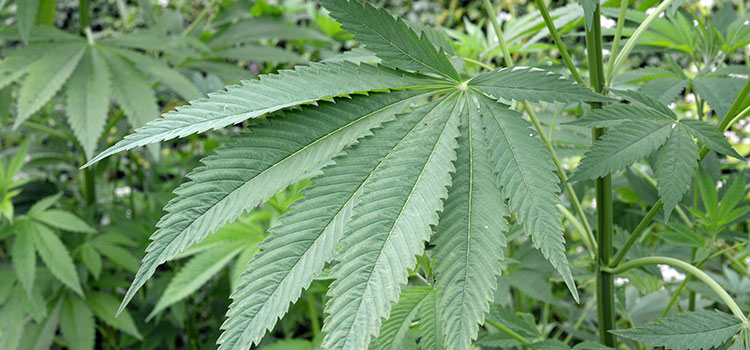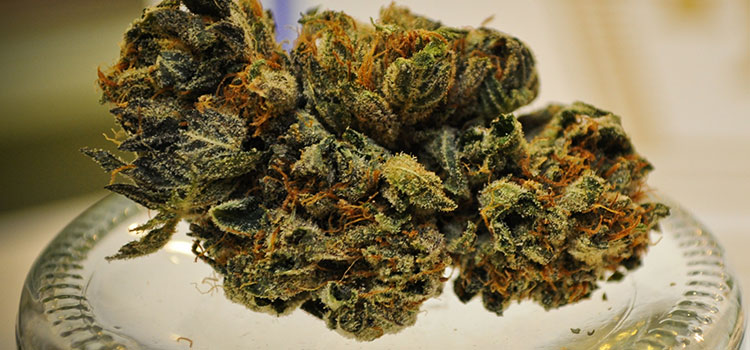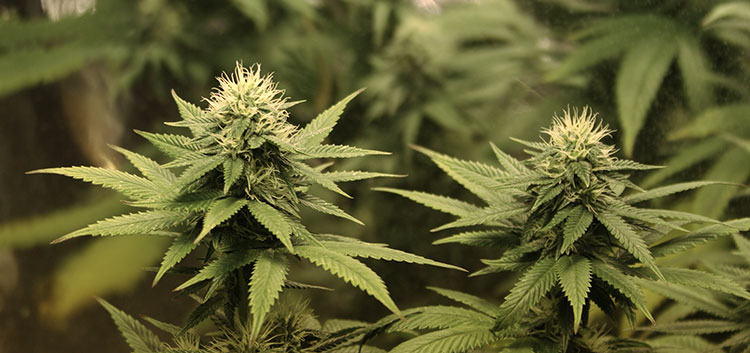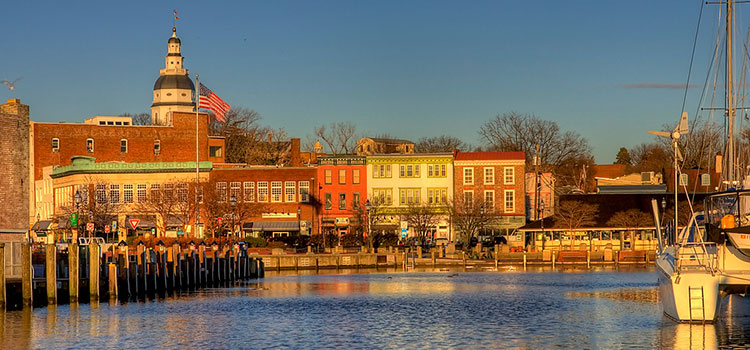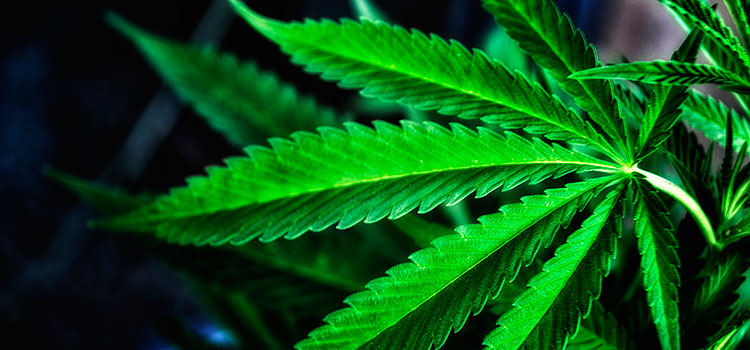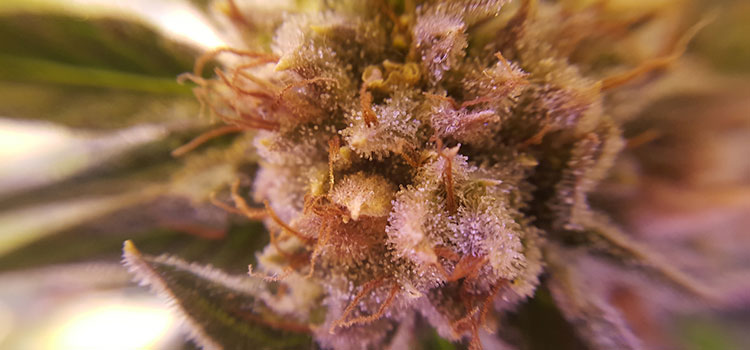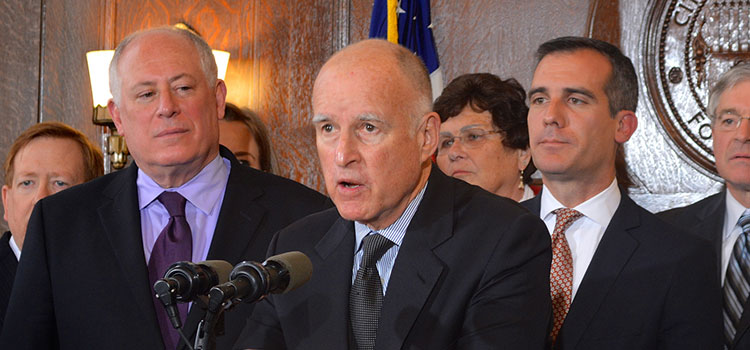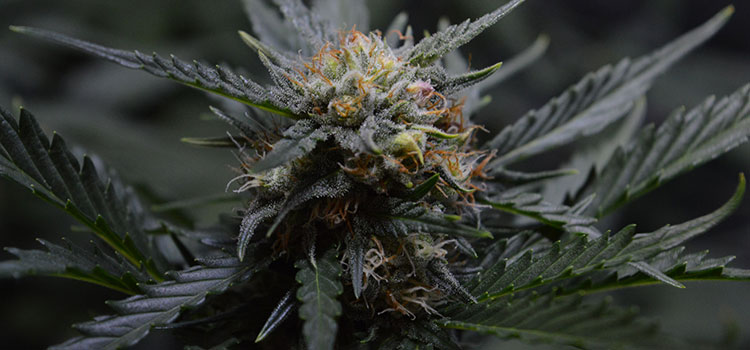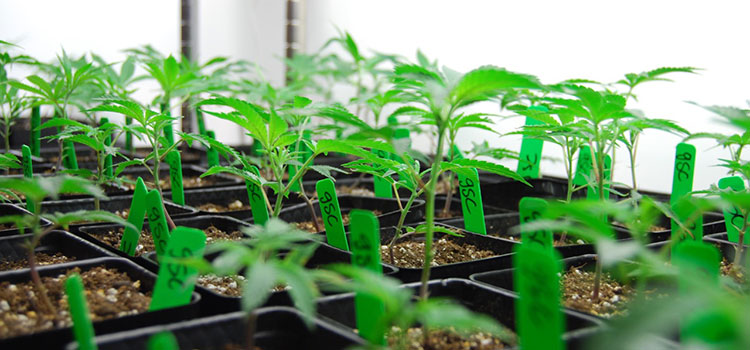The owner of a proposed Anchorage retail marijuana store has been tabbed to fill the seat on the Alaska Marijuana Control Board, left vacant after Gov. Bill Walker removed Bruce Schulte from the board last month, the Alaska Dispatch News reports.
Nicolas Miller, the chairman of the Anchorage Cannabis Business Association, will assume his new role on the five-member panel immediately. The appointment runs through Feb. 2018.
“I’m very pleased to appoint Nick to the Marijuana Control Board during this critical time in this new industry’s development,” Walker said in a press release. “Nick will do a great job complementing the existing Alaska Marijuana Industry Association’s representation on the Board, and enable even broader industry perspectives.”
Miller, owner of Alaska Buds, is the second industry representative on the board. He joins Brandon Emmett, a longtime activist who applied for a marijuana production license in Fairbanks. The recreational-use law requires the board to be comprised of one individual from the public safety sector; one from the public health sector; one industry professional; one person from the general public actively engaged in the industry and one person from a rural area. With Miller’s addition to the board, Emmett could fill the ‘general public’ role, due to his prior activism, according to an Alaska Journal report.
Following his removal from the board, Schulte alleged that his ex-colleagues and members of the governor’s administration were trying to delay implementation of the legalized cannabis industry. A spokesperson for the governor said Schulte was removed due to his unsatisfactory approach to the staff and administrative process.
End
